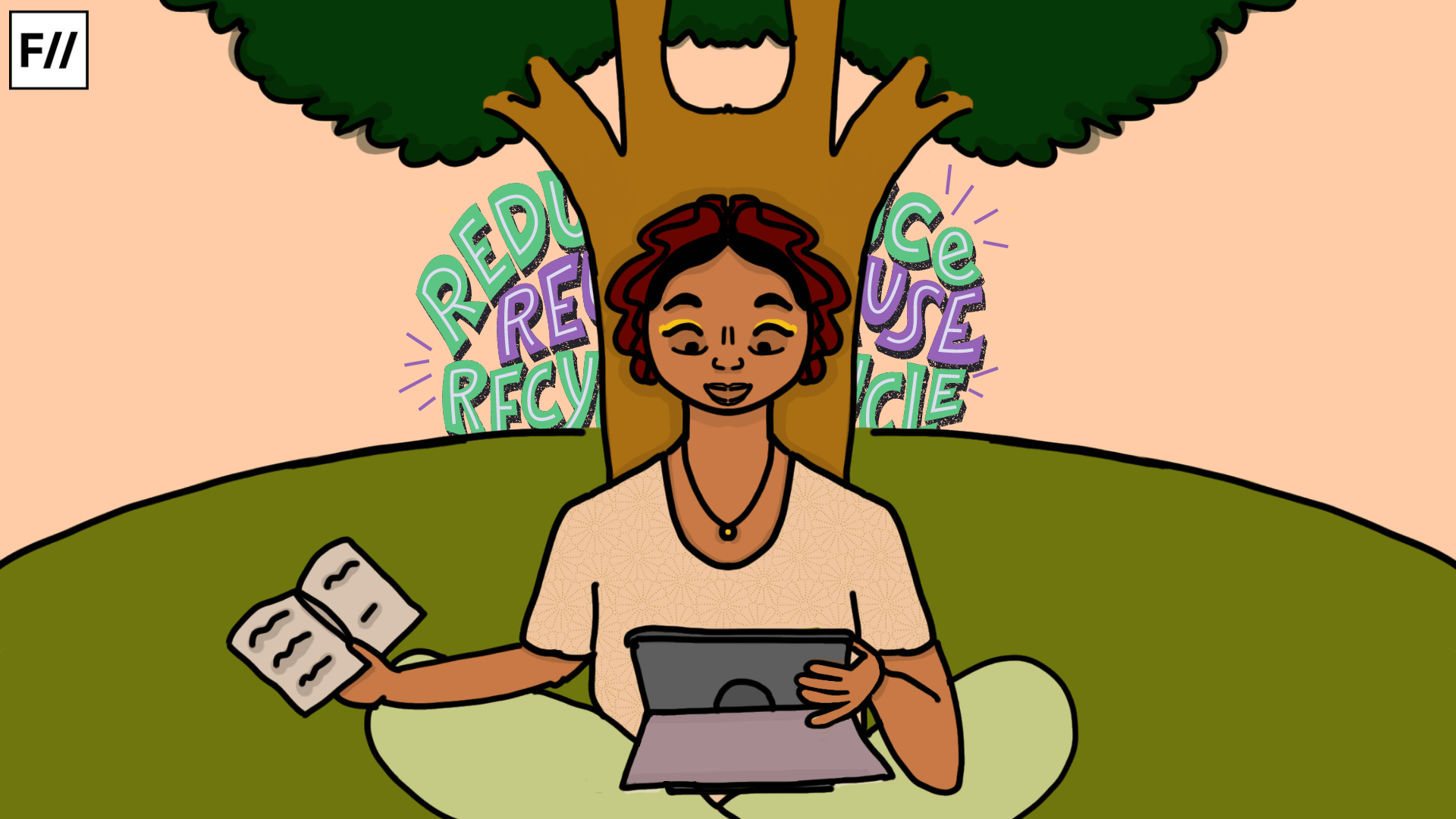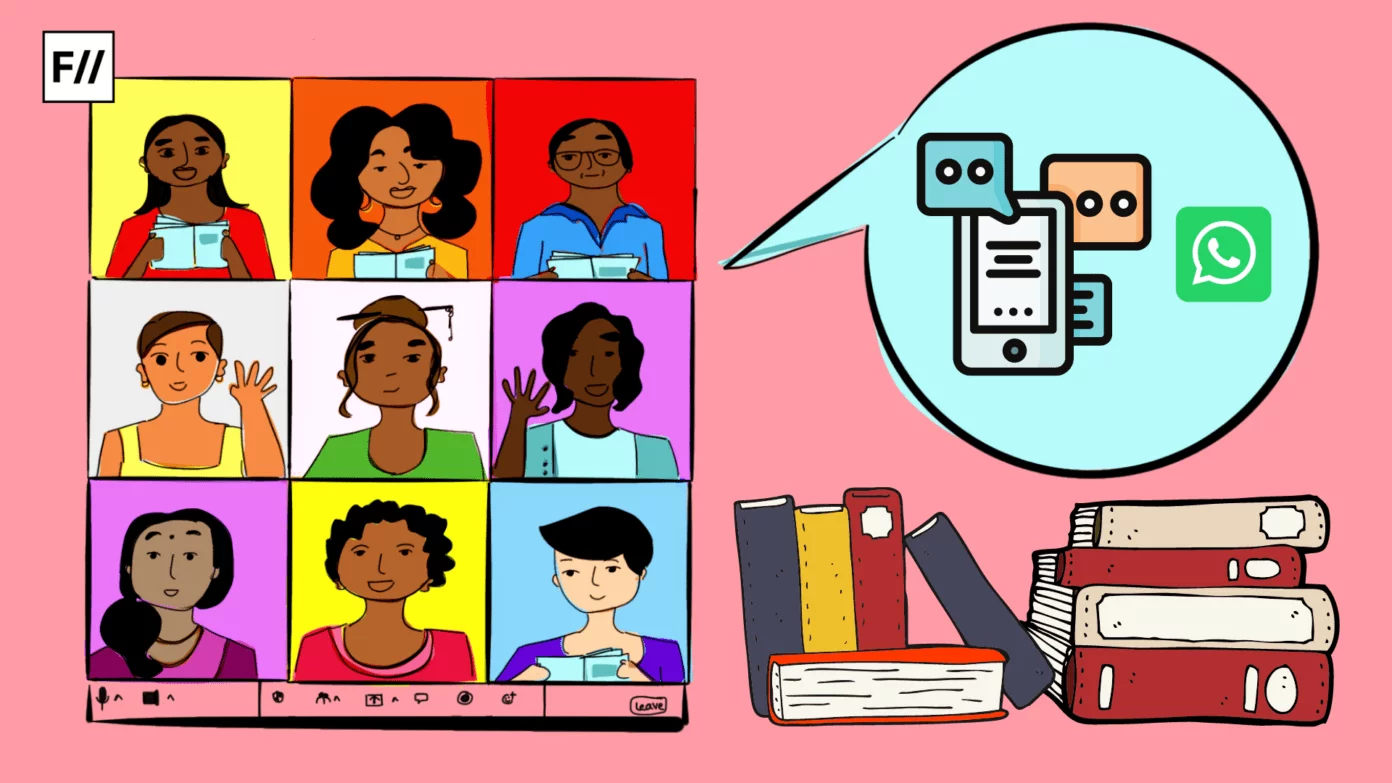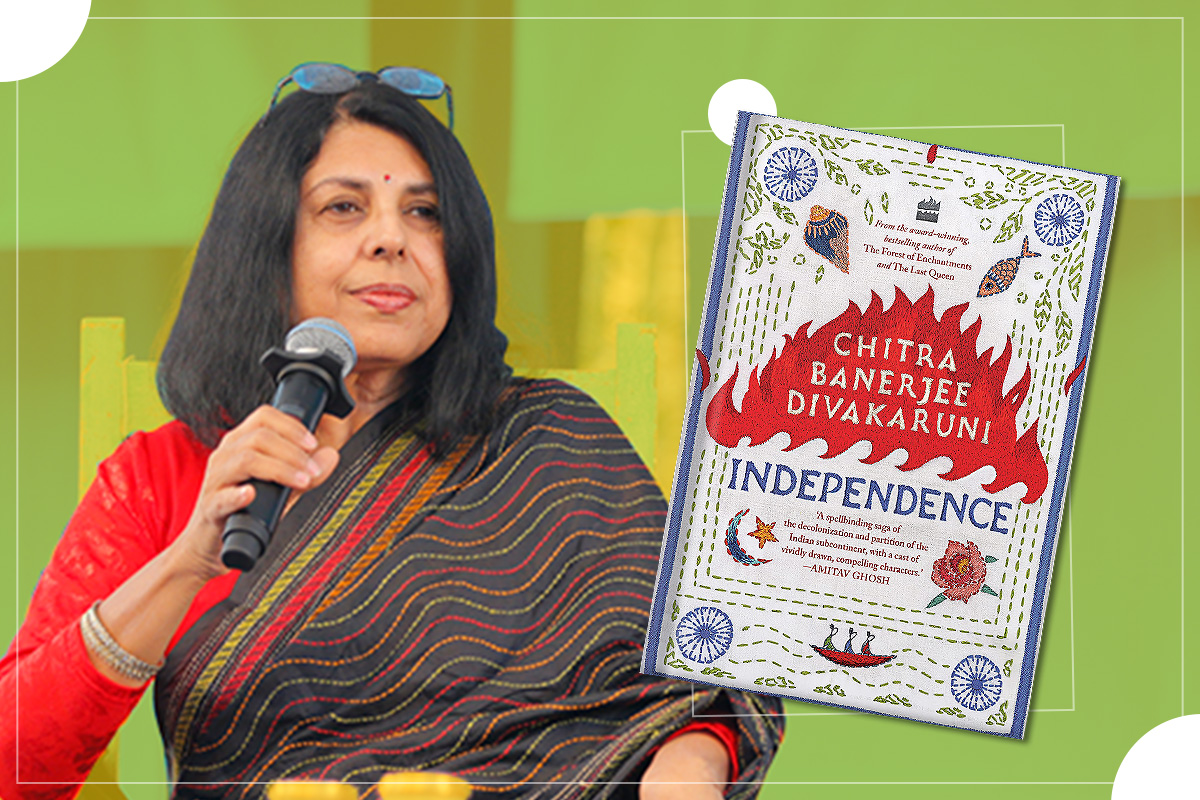Environmental justice encompasses a variety of sociopolitical and socioeconomic issues in their relations with weather, ecology, and location—amongst other factors. In order to understand the mass impacts of the climate crisis, it is important to first view this issue from the lens of frontline defenders, MAPA, and youth.
Books and films are two powerful forms of storytelling—today we attempt to compile an introductory few that speak against the systemic oppression of exploitative institutions and remind us of the resilience of ecology and communities.
Books
- Fiction
Parable of the Sower by Octavia E. Butler: written in 1993, the pioneer of climate fiction and Afrofuturism, Octavia E. Butler sets a post-apocalyptic tale of harrowing inequality, exploited resources, and abuse of power—in 2024.
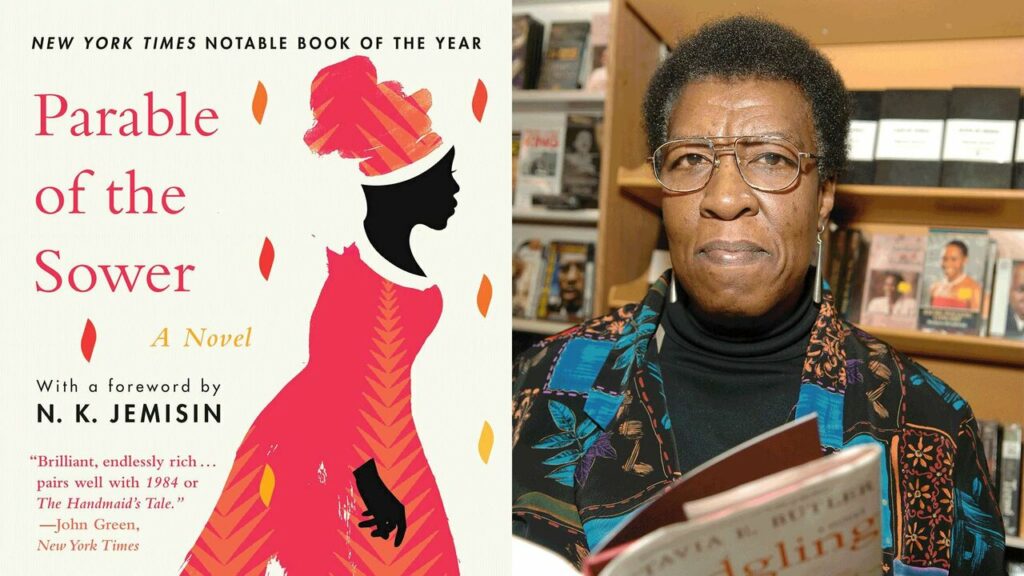
Reading as journal entries by a young adult named Lauren, the book goes over her life in a gated community, her subsequent fight for survival upon its destruction, and her plans to change their ways of living. Delving into eco-feminism, ethnicity, religion, health inequity, and governance, the narrative explores the interconnected fragments of the world we (she) live(s) in. Although set on the outskirts of California, USA, the world that she warns us about is an omnipresent nightmare.
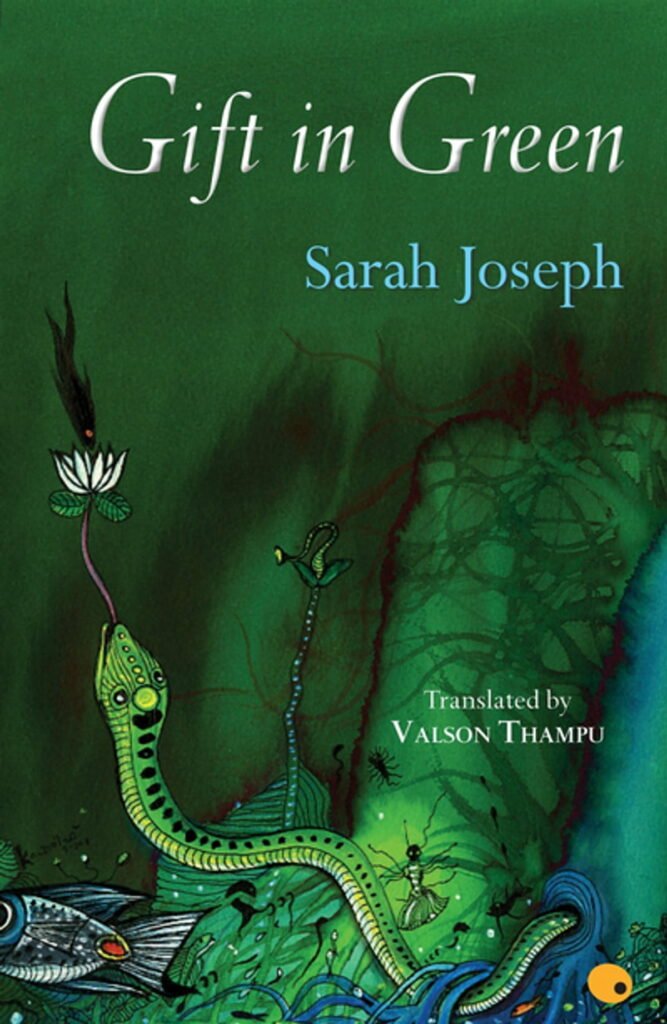
Gift in Green by Sarah Joseph: a more recent read, and closer to home, Sarah Joseph’s poetic nature writing is contrasted by the exploitation inflicted upon her characters in a small village community in Kerala. At the nexus of casteism, urbanisation, “development”, and greed, her antagonistic forces are evocative of the very people we see encroaching on indigenous land without Free and Prior Informed Consent (FPIC) every day.
An integration of different forms of storytelling to reveal multiple “stakeholders”, histories, beliefs, and possibilities makes for a perceptive work by the activist-writer.
- Short Story Collections
How Are You Veg? Dalit Stories from Telugu by Joopaka Subhadra: delving into the discrimination against Dalit women and women with disabilities, the stories bring to light the oppression faced by those who are exploited by casteist, patriarchal and ableist hegemonies. Her work explores discrimination in both its blatant and subtle forms—the latter often in “educated” spaces where language, culture and food is politicised.
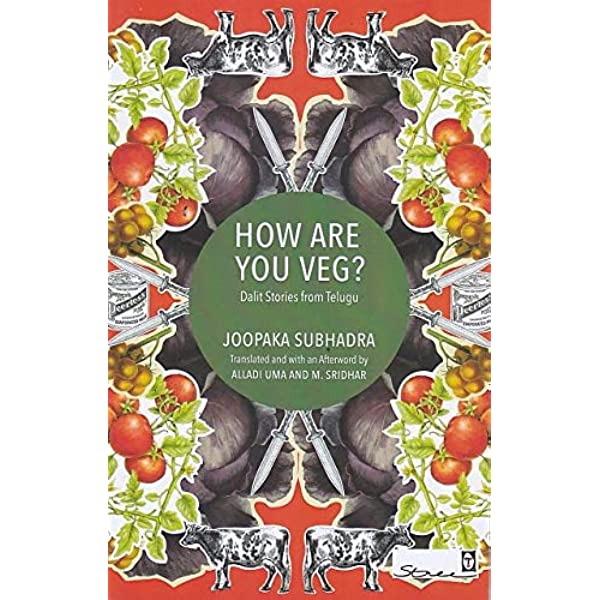
The failure of these spaces of governance and power reveals the systemic nature of oppression. Although not directly related to ecological exploitation, the stories critique the exploitation of people across intersections, the stark marginalisation within urban spaces, the impacts of changing climatic conditions on agrarian societies and the casteist segregation of resources.
The Adivasi Will Not Dance by Hansda Sowvendra Shekhar: these stories once again unveil the deep injustice faced by structurally excluded communities.

The titular story looks at the hypocrisy of powerful governmental figures who on one hand evict and displace Adivasi people for energy projects (with disregard for the indigenous right of FPIC) and on the other hand capitalise on their cultures. Other stories, centred around the experiences of the Santhal people, continue to expose the exploitative oppression of Adivasi people by those in positions of power.
- Non-fiction
Climate Justice in India edited by Prakash Kashwan: a collection of work by academics and activists analyses the intersections of caste, economic, and gender positionality with issues of water insecurity, poverty, urban-rural migration, land rights violations, and access to resources.
Documentaries
Fight with Care by Ain and Bhargav, is a documentation of the lives and self-advocacy of fisherwomen from Pulicat, a coastal town in Tamil Nadu, as they organise themselves and protest against the encroachment by the construction of an Adani Port.
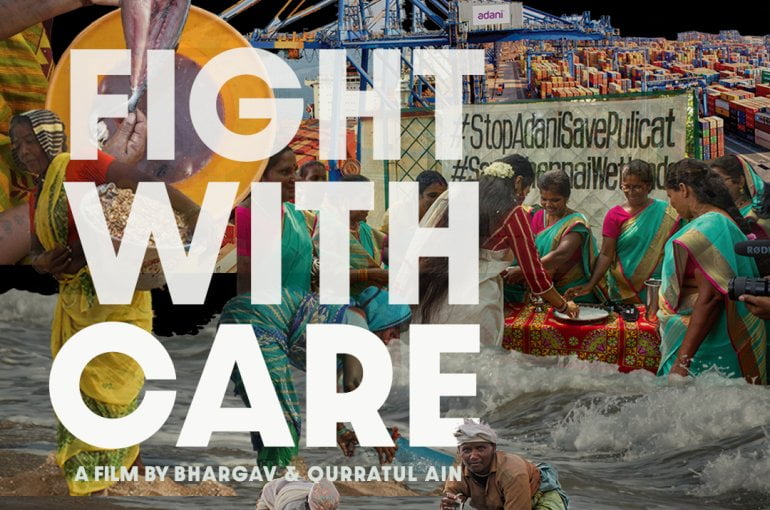
It follows through the political proceedings in recent years and the continued lack of consideration for the needs of local fisherfolk by the people in power and systems of governance. The film observes the interplay of gender and caste within the movement against the port.
Pakistan Floods a series by filmmaker Seemab Gul and commissioned by Greenpeace looks at 4 regions in the aftermath of the floods. The films include interviewing the locals, highlighting the stark inequity between the profits of fossil fuel companies and the relief provided to those displaced and critically affected by the disaster.
Kakoos a documentary by activist Divya Bharathi documents the lives of those forced into manual scavenging—as a result of the casteist governance and sanitary management processes. Although abolished by law, the documentary and the work by the NGO Safai Karamchari Andolan expose the lack of immediate action and the long way to go for complete abolition and justice.
These are just some of the works that bring attention to the deep-set inequity in the world and in South Asia. The fractured lines of caste and gender are widening with ecological impact—recognising this and adopting this lens in our climate action is crucial. True climate justice is anti-caste, feminist and accessible—a continuous process of learning, unlearning and reaching out to new resources.
